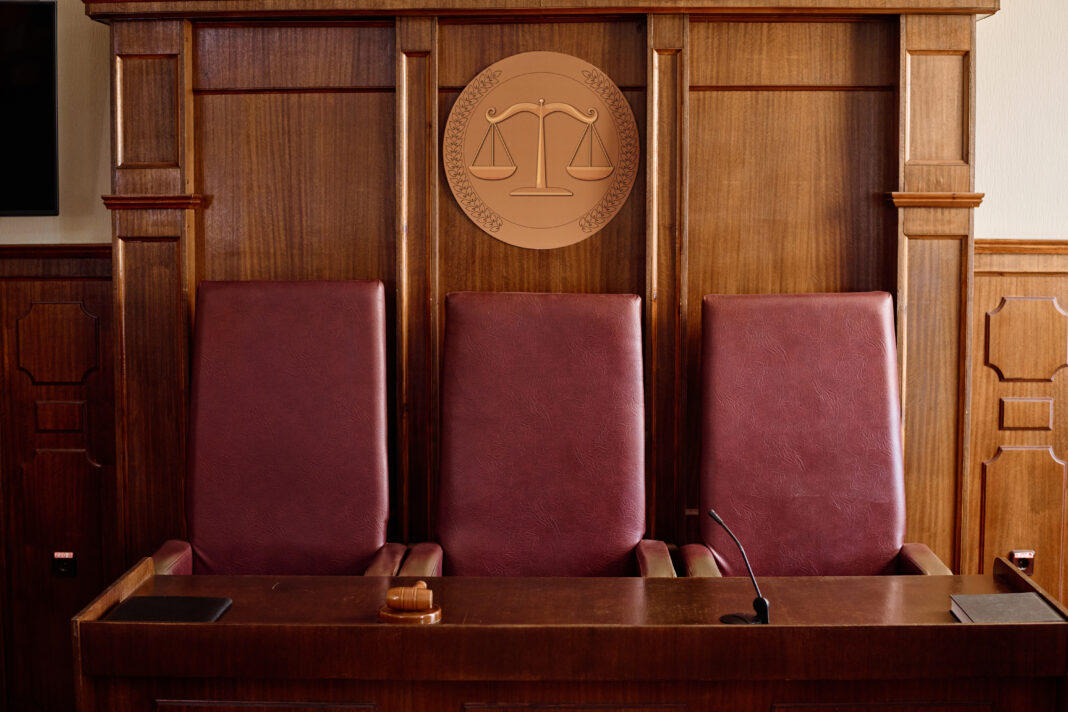High Court grants rights of audience to struck-off solicitor to resolve ongoing case
The High Court has allowed a struck-off solicitor to exercise rights of audience on behalf of two charitable companies after concluding that refusing permission would have created greater injustice in the particular circumstances of the case. Mr Justice Andrew Baker granted limited permission to Paul Simms, who was removed from the roll in 2004 for conduct including dishonesty, to represent the claimants during a hearing concerning damage to a mosque in Essex.
The claimants, two charitable companies responsible for owning and managing the mosque, brought a claim against 22 defendants accused of damaging the property. They sought to appeal a recorder’s decision to strike out the claim against some defendants after failing to comply with an unless order.
Mr Simms, who now acts only as a director of the companies, appeared before the court seeking to address the appeal on their behalf. The judge noted that the papers before him did not indicate that Mr Simms fully appreciated the need to apply formally for rights of audience. There had been earlier hearings in the county court and possibly in the High Court, where the issue appeared to have been treated as a formality, despite rights of audience for unqualified persons being intended as exceptional.
Embed from Getty Images
Mr Justice Baker said that, under ordinary circumstances, he would not have been minded to grant the request. He remarked that the claimants had not demonstrated a good reason why they could not be represented by qualified advocates. Even if there had been such a reason, he said he would not normally have been persuaded to permit Mr Simms to act as their advocate.
The judge cited important public interest considerations, including the need for litigation to be conducted by properly qualified professionals. He further pointed out that Mr Simms had acknowledged he was only a director and was effectively conducting litigation in a role similar to a solicitor, despite having been struck off and no longer holding lawful permission to undertake such work.
However, the judge concluded that this case involved “very particular circumstances”. He accepted that Mr Simms may reasonably have misunderstood earlier indications that rights of audience would be granted almost as a formality. The judge also noted that, as far as he could see, Mr Simms’s conduct of the litigation had not raised concerns regarding honesty or propriety.
Given the need for the matter to be resolved that day, the judge decided that refusing permission would result in greater injustice for all parties. He therefore granted rights of audience “by a relatively fine margin” for that hearing only.
Mr Justice Baker stressed that the decision should not be taken as guidance on future representation in the proceedings. The court ultimately rejected the appeal advanced by Mr Simms.
